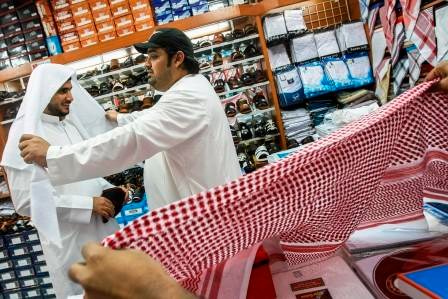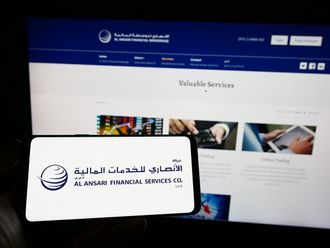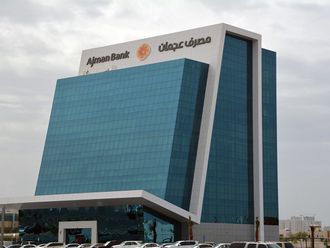
On the back of a strong economy and a fast-growing property sector, business finance is seeing growth. Within the sector, as small and medium enterprises (SMEs) become more important, financial institutions that understand the client and their requirements have an edge, experts say. Vikas Thapar, CEO, Emirates Money, and Head of Business Banking, Emirates NBD, tells GN Focus, “Emirates Money has been growing at a compound annual growth rate of more than 20 per cent over the past few years. We believe the growth story is here to stay, and we expect to see the positive momentum continuing through the rest of the year.”
He ties strong growth in business to the impact of Expo 2020, an improved economic sentiment and the relatively healthy property market. “The resurgence in the real estate market, combined with increased government spending on massive infrastructure projects across the UAE, reaps benefits for not only the construction sector but also industries such as logistics, hospitality, and retail. This is further evidenced by the increased lending provided by Emirates Money to businesses in construction, building materials and related segments.
“The recent past has seen tremendous support to SME and micro-SME segments from the government, industry associations and the UAE Central Bank. In our view, this support is very encouraging for the segment and will help a lot in consolidating growth in the business loans sector,” says Thapar.
Such is the promise of the sector that banks are focusing more closely on the needs of their SME clients. Sharia-compliant Noor Bank, for instance, launched its SME division, Noor Trade, last year. Kazim Ali, Head of Corporate Banking, Noor Bank, describes the growth in the volume of transactions from the beginning of the year
as “significant”.
Many developments in the business finance sector are directly tied to the renewed focus on SMEs. Citing industry estimates, Thapar says that SMEs represent about 95 per cent of establishments in Dubai, of which 72 per cent are micro-SMEs that contribute approximately 40 per cent of the total value-add generated by the economy.
“At Emirates Money, we are seeing an increasing resurgence in demand from sectors, including, but not limited to, general trading, transportation, electronics, and service sectors, among others. Over the past few months, we have also witnessed increased level of activity in F&B, construction and the building materials segments,” he says.
However, this scale is not replicated in demand for business finance. Ali says, “Dubai Chamber of Commerce and Industry (DCCI) earlier this year stated that SME financing is still a very small component of overall financing in the banking sector. In fact, DCCI’s data indicates that SME financing in the UAE is about 4 per cent of total financing versus the double-digit figures registered in the developed world. However, clearly banks have started focusing more on this segment — it’s only a matter of time before SME financing increases its share in overall financing as well as its contribution to the economy.”
Many SMEs require funding that takes their needs into account. Online entrepreneurs, for instance, are not likely to be able to produce brick-and-mortar assets and their business models may vary. Thapar says, “However, in terms of short-term funding, working capital and trade facility requirements, the process followed for online enterprises are very similar to that of traditional businesses. In fact, from a lender’s point of view, the risk evaluation will also be quite similar.”
The focus on SMEs is not limited to the UAE, but abroad as well. A paper released in January by Finance and Economics Discussion Series, Divisions of Research & Statistics and Monetary Affairs, Federal Reserve Board, Washington D.C., examines the role of peer-to-peer borrowing by small businesses, equating it to pre-buying certain services.












